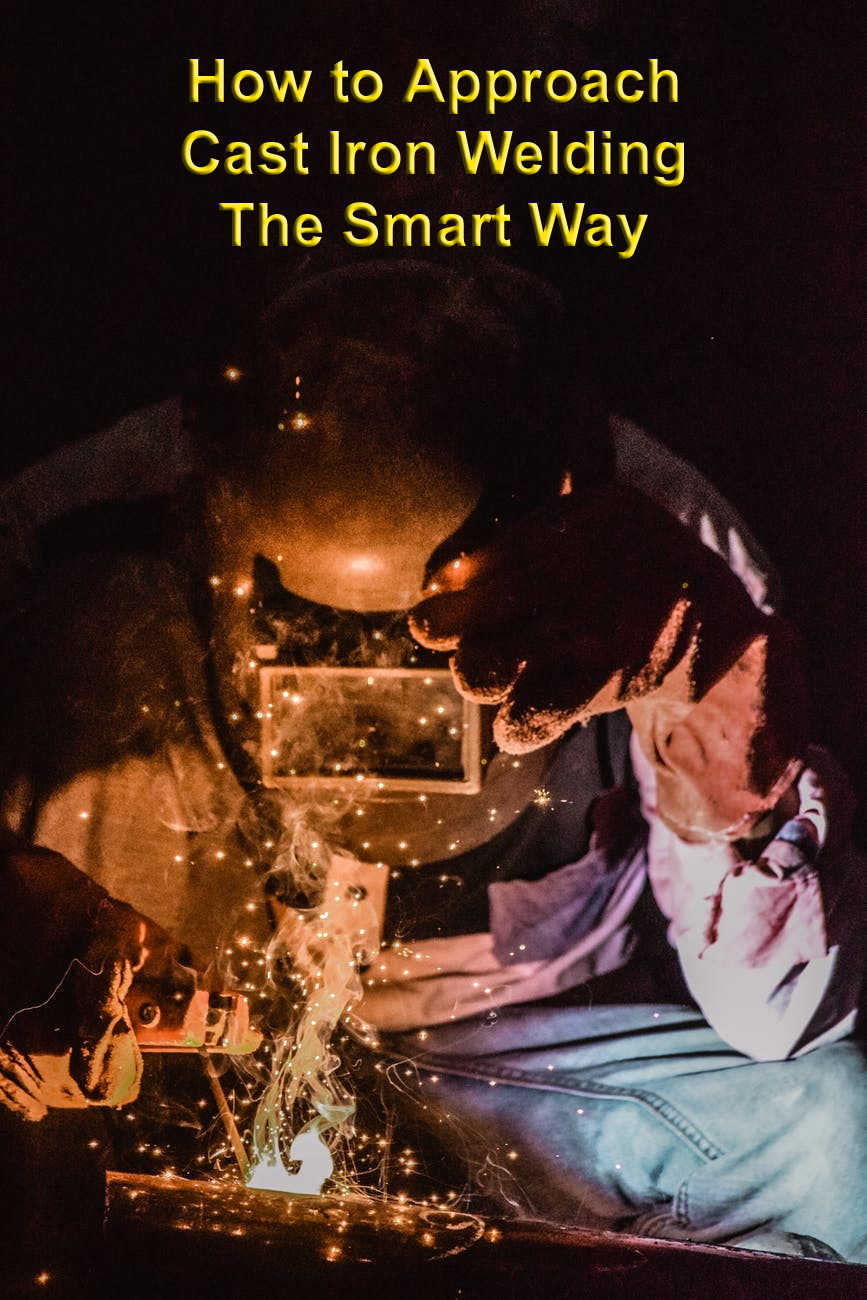
Cast iron welding is a necessary skill. Let’s say that the exhaust manifold on your Caterpillar digger cracks on a job site and you need to repair it. What should you do?
Well, historically, the most reliable method has been to apply a special heating and cooling approach. You would remove the cast iron part, put it in an oven to slowly heat it, weld it with cheap nickel-based welding rods, put it back in the oven for a second time to slowly cool it down, then reassemble it. However, that would usually lead to more cracking later on because the welding material was harder than the base metal. This method is still widely used today, but it is labor-intensive and time-consuming.
Muggy Weld offers another way. Our cast iron welding rods are non-nickel and do not require any special heating or cooling process. Furthermore, they are softer and more malleable than traditional rods, so they do not crack after you make the weld.
The benefits for those on job sites are considerable. So long as you can reach the crack with welding tools, you can reduce time spent on repairs, saving you money and helping you stay on track.
Muggy Weld offers a variety of flexible welding rods for different applications.
In industrial applications, cast iron parts such as exhaust manifolds can become tarnished and brittle. Our 72 electrode is ideal for welding burnt cast iron. Other varieties of welding rods may not easily clad to oil-impregnated or heat-oxidized surfaces. However, 72 nickel-free cast iron electrodes seal contaminated porous surfaces. This special cladding ability allows you to apply a two-stage welding procedure, applying 72 first and then using other products, such as 77 to finish.
75 is another welding product that works on ductile, malleable, and nodular cast iron – typically the type you would find in the field. Unlike 72, it does contain nickel. However, it is highly malleable, lighter than steel, and offers high performance. 75 is for industries where tensile strength is important, such as construction, aerospace, and automotive.
77 rods are machineable, allowing you to cut them into the desired shape via material removal processes. They are also significantly more flexible than standard rods, able to elongate 300 percent more. You would normally 77 cast iron electrodes in automotive, RVs, bus lines, marine, and other machinery applications to repair cast iron parts such as cracked motor blocks.
Smart cast iron welding, therefore, is a matter of choosing superior electrodes. Abandoning standard cast iron welding materials saves you time and prevents cracking in the future.
